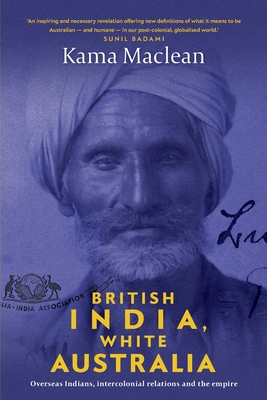Expedite your nonfiction book discovery process with Readara interviews, summaries and recommendations, Broaden your knowledge and gain insights from leading experts and scholars
In-depth, hour-long interviews with notable nonfiction authors, Gain new perspectives and ideas from the writer’s expertise and research, Valuable resource for readers and researchers
Optimize your book discovery process, Four-to eight-page summaries prepared by subject matter experts, Quickly review the book’s central messages and range of content
Books are handpicked covering a wide range of important categories and topics, Selected authors are subject experts, field professionals, or distinguished academics
Our editorial team includes books offering insights, unique views and researched-narratives in categories, Trade shows and book fairs, Book signings and in person author talks,Webinars and online events
Connect with editors and designers,Discover PR & marketing services providers, Source printers and related service providers

British India, White Australia: Overseas Indians, Intercolonial Relations and the Empire
History > Australia & New Zealand - General
- NewSouth Books
- Paperback
- 9781742236216
- 9.21 X 6.14 X 0.76 inches
- 1.16 pounds
- History > Australia & New Zealand - General
- (Single Author) Asian American
- English
Readara.com
Book Description
'Commonwealth, curry and cricket' has become the belaboured phrase by which Australia seeks to emphasise its shared colonial heritage with India and improve bilateral relations in the process. Yet it is misleading because the legacy of empire differs in profound ways in both countries.
British India, White Australia explores connections between Australia and India through the lens of the British Empire by tracing the lives of people of Indian descent in Australia, from Australian Federation to Indian independence. The White Australia Policy was firmly in place while both countries were part of the British Empire. Australia was nominally self-governing but still attached very strongly to Britain; India was driven by the desire for independence. The racist immigration policies of dominions like Australia, and Britain's inability to reform them, further animated nationalist sentiments in India.
In this original, landmark work Kama Maclean calls for more meaningful dialogue about and acknowledgment of the constraints placed upon Indians in Australia and those attempting to immigrate. Indians are now the fastest-growing group of migrants in Australia, yet their presence has a long history, as told in this book.
Author Bio
Dr Kama Maclean is Associate Professor of South Asian and World History in the School of Humanities (FASS) and editor of South Asia: Journal of South Asian Studies, published by the South Asian Studies Association of Australia.
Kama's first book, Pilgrimage and Power: the Kumbh Mela in Allahabad, was published in New York by Oxford University Press in 2008, and was awarded an Honorable Mention in the Kentish Anand Coomaraswamy Prize, by the Association of Asian Studies in the USA.
In 2009, Kama took up a one year appointment as Professorial Research Fellow at the United Arab Emirates University in Al Ain, where she began to research and write about anticolonial activism in interwar India, a project which focuses largely on the ways in which the actions of what the British called 'the violence movement' impacted on the broader nationalist movement. She has written several articles on this topic and her book, A Revolutionary History of Interwar India: Violence, Image, Voice and Text was published by Hurst & Co (London) and Oxford University Press (New York), 2015 and Penguin (New Delhi, 2016).
In 2012, Kama was awarded an ARC Discovery Grant to complete a project on the extent and impact of social and political relationships between Indians and Australians in the early twentieth century.
Source: University of New South Wales
Videos


Community reviews
No Community reviews

